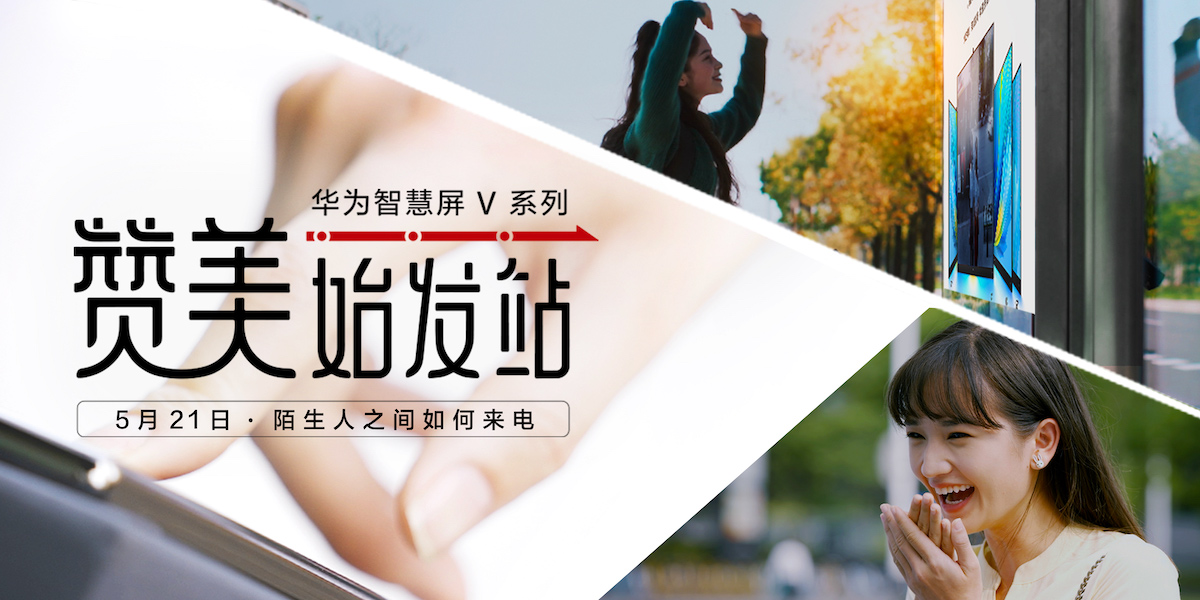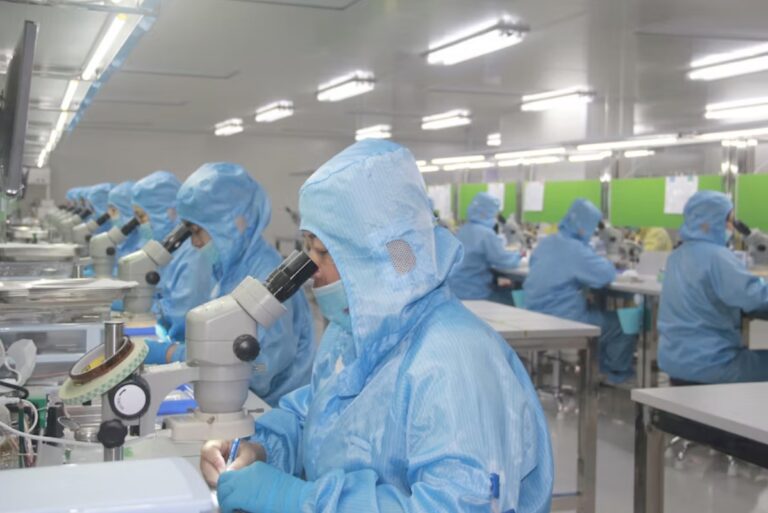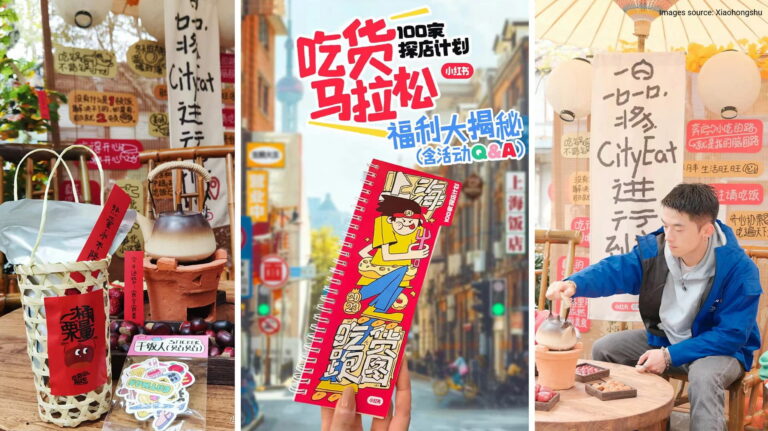In its most recent campaign, Huawei is challenging China’s reserved culture by encouraging strangers at bus stops to exchange compliments through their Vision TVs. On 21st May 2021, Huawei released a commercial for its smart TV Vision V Series, 赞美始发站 Station of Compliments. But the commercial was no standard campaign; it was Huawei’s social experiment.
With this ad, Huawei wanted to show the TV’s top features like its smart video calls capabilities and the 13MP magnetic camera. But the deeper meaning of this initiative was to reinstate its mission to bring digital technology to every person, home, and organization for a fully connected world. (Read more about Smart TVs in China).
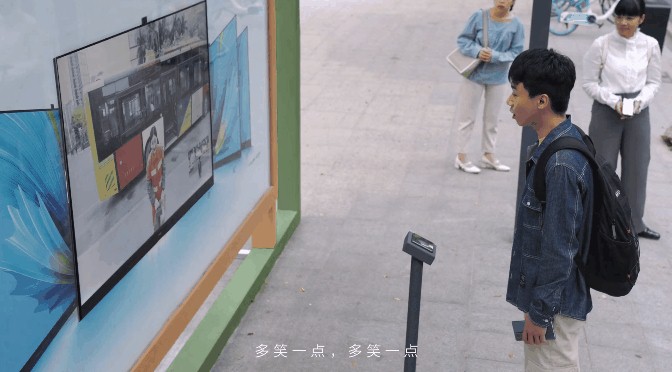
Passing the warmth between perfect strangers across the country
In the commercial, Huawei asked the question: would you compliment a stranger? Although complimenting strangers is common in Western cultures, Chinese people often refrain from interactions with strangers out of the lack of small talk culture. Since this restrained personality is often mistaken for apathy, Huawei encourages people to give out compliments to pass the warmth between each other. The campaign calls for kindness and gentleness in the society where 内卷 (lit-involution, refers to the overly fierce competition in nowadays society) is taking place among young workers.
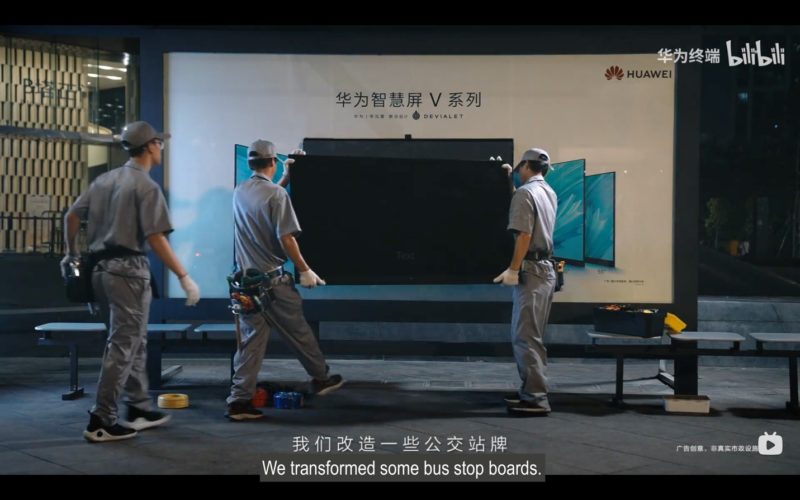
The social experiment started when Huawei transformed bus stations by adding a Vision smart TV. Passersby were encouraged to use the TV to make a call to passersby at another station in another city. The video ad shows the social experiment in effect; a youngster compliments a public janitor on her smile, old lady compliments an office worker on his natural poise, a child compliments a couple, and more.
Huawei is also attempting to shatter the long-held opinion that technology negatively affects the offline world and the desire and ability of people to communicate. Instead, through the campaign Huawei shows us that technology can bring people together.
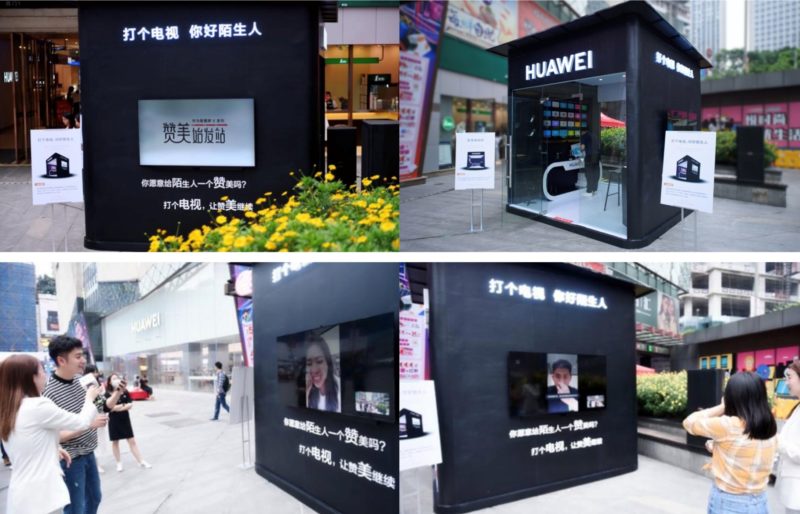
Huawei also brought the event offline to its Experience stores in Wuhan, Jinan, Changsha, Changzhou, Chongqing, and Beijing, hoping to maximize the effect of the campaign with interaction of both online and offline promotion (Read more about China’s Omni-Channel Ecosystem).
“Make A TV Call” Became the Slogan during Travel Ban
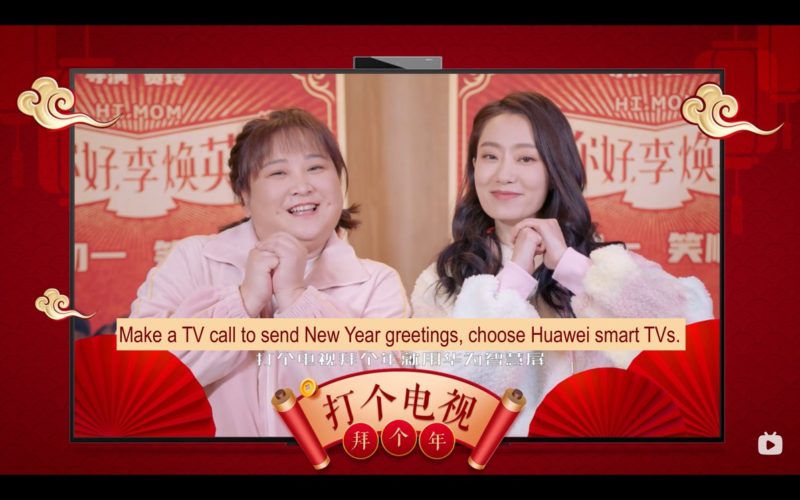
Huawei has been gaining popularity in China since the US’s sanction in 2019. The Chinese tech company ranked first in Kantar BrandZ’s “Top 50 Chinese Global Brand Builders 2020”. 打个电视 (Make A TV Call) has been the slogan and essential selling point for the Vision smart TVs since May 2020. The concept came about during the 2020 Spring Festival when people were discouraged from travelling to or visiting family in different cities. Throughout the Spring Festival, Huawei made a series of commercials, in which celebrities encouraged the public to give families and friends a New Year’s call via Huawei smart TVs.
Author: Zhiting (Vanessa) Sun


